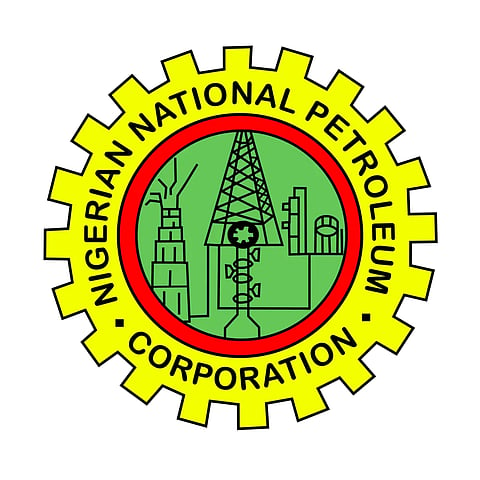

According the Socio-Economic Rights and Accountability Project, the NNPCL hasn't been sharing enough information about how much money Nigeria makes from selling oil every day since they stopped subsidizing petrol in May 2023.
This legal action comes after a claim by a former governor of the Central Bank of Nigeria, Sanusi Lamido, who said that the NNPCL didn't give the government as much foreign money as it should have after removing the fuel subsidy.
SERAP is asking the court to make NNPC publicize how much oil Nigeria produces and sells each day and the total money they've made since stopping the petrol subsidy.
The group also seeks “an order of mandamus to compel the NNPC to disclose how much of the revenues generated from the production and exportation of oil have been remitted to the public treasury since the removal of subsidy on petrol” and “an order of mandamus to direct and compel the NNPC to disclose details of payment of 11 Trillion Naira made as subsidy payments from 1999 to May 2023, including a detailed breakdown of the payments made.”
In the suit, SERAP is arguing that: “There is a legitimate public interest in disclosing the information sought. The NNPC has a legal responsibility to disclose the details of Nigeria’s daily oil production, exportation and the revenues generated and remitted.”
The group argued further that“Nigerians have the right to know the amounts of barrels of oil the country produces and exports daily, the revenues generated and remitted to the public treasury.” Compelling the NNPC to disclose these details would promote transparency and accountability in the oil sector.”
It also stressed that “The failure by the NNPC to disclose the information sought is a grave violation of the provisions of the Nigerian Constitution 1999 [as amended], the Freedom of Information Act, and the country’s obligations under the African Charter on Human and Peoples’ Rights.”
